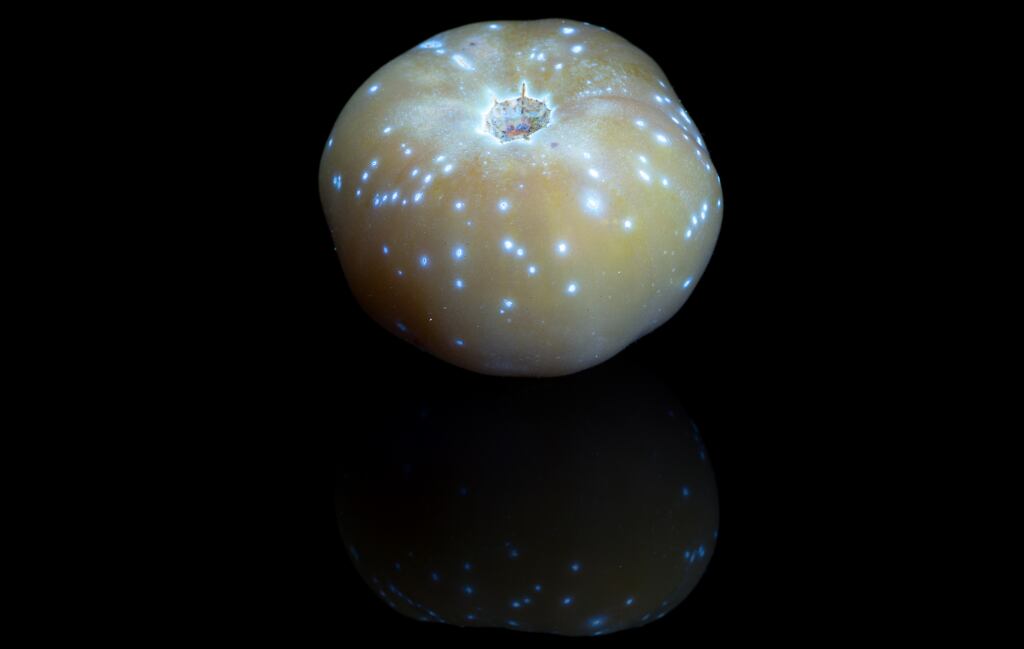During the study carried out by researchers at Lahore College for Women University, India, 64 genotypes from four different continents were evaluated for a range of morpho-nutrition variables.
The researchers found that caloric and moisture content had high positive associations with carotene content while carbohydrate was negatively associated.
Five genotypes with the highest carotene content were chosen for making three nutraceutical supplements – jam, candies and carrot-orange juice and all retained high carotene content coupled with antioxidant properties.
The study found that dietary sources of vitamin A help in the protection of vision, reduce macular degeneration and suppress the development of senile cataracts, a main cause blindness.
Beyond vision impairment, vitamin A deficiency (VAD) reduces immune function and contributes to infertility, morbidity and mortality.
Prevention and treatment are the only way to treat these non-communicable diseases, the researchers said.
Prevention
They wrote: “Prevention can be less expensive than treatment since it involves changing lifestyle habit. For these diseases to be alleviated with dietary changes, researchers are investigating compounds naturally present in nutrient-fortified food including nutraceuticals to cure them.”
The researchers detailed that humans and animals are ultimately dependent on carotenoid pigments in plants to supply their vitamin A needs.
A subset of the 600-800 carotenoids includes provitamin-A such as different xanthophyll like zeaxanthin, neoxanthin, violaxanthin lutein which consumed by animals are converted to retinol.
Carotenes and antioxidants have anti-cancer, anti-cataract, anti-urinary tract infection, lowered blood pressure and reduced muscular degeneration properties.
Vegetables are an inexpensive source of carotenoids and carrot is one of the few plants of the family Apiaceae with massive carotenoid levels occurring in the storage roots that have been estimated to provide 60-82% of the a carotene and 60-90% of the beta-carotene in several European diets, the study noted.
Carrot, the study explained, is also a good source of dietary fibre and trace mineral elements. Molybdendum, magnesium and manganese found in carrots help in carbohydrate metabolism, energy production, absorption or iron, insulin secretion and coordination of antioxidant enzymes in the body whereas potassium helps the functioning of muscles, the researchers highlighted.
The three supplements tested were made from carrots planted and grown specifically for the study and were determined by their total soluble solids, pH, acidity, vitamin C content, moisture content, ash content, crude fats and fibres.
Their protein content, carbohydrate content, calories and colour were also determined before the analysis of carotenoids.
The highest value of mineral content was recorded in the candies followed by the jam and least in the juice mix.
Correlation
The researchers concluded that correlation among various carrot attributes, particularly those for yield and nutritional contributing traits, is important for guiding future improvement for carrots.
They said: “The wide range of variability recorded for various morphological and nutritional characters was important in identifying superior raw products genotypes in the development of raw products genotypes in the development of nutritionally fortified nutraceutical products for this study.
"Among all the prepared products, carrot jam had the highest carotene and antioxidant content, while carrot candies also contained high levels of carotene and antioxidants and demonstrated highest mineral and dry matter content. These results support the goal of this study in developing products attractive to consumers that can be used to alleviate vitamin A deficiency related disease.”
They said that consumption of these products can help in reducing xerophthalmia and other vision disorders like macular degeneration, increasing fertility, cognitive skills enhancement and providing protection against communicable and non-communicable diseases and oxidative stress.
The incidence of these diseases, they say, is high in rural areas where no first-hand beta-carotene supplements are available.
This study proposed carrot-based products enriched in beta-carotene and antioxidants that could be available to rural community at lower cost.
Particularly the jam and candies could be used as an alternative source to fulfil beta-carotene requirements of 4 milligrams (mg)/100 grams (g) to 6.5 mg/100 g beta-carotene per day along with significant antioxidant capacity which is in accordance with the recommended intake level.
They concluded: “Based on these studies, extended research is required to create additional high-quality products and to develop novel carrot hybrids which combine the blend of crop productivity with nutritional and functional attributes suitable for sustainability and locally produced nutraceutical products.”
Source: Frontiers in nutrition
First published: 10.3389/fnut.2021.787351
Developments of Carrot Nutraceutical Products as an Alternative Supplement for the Prevention of Nutritional Diseases
Authors: Nadia Riaz et al





